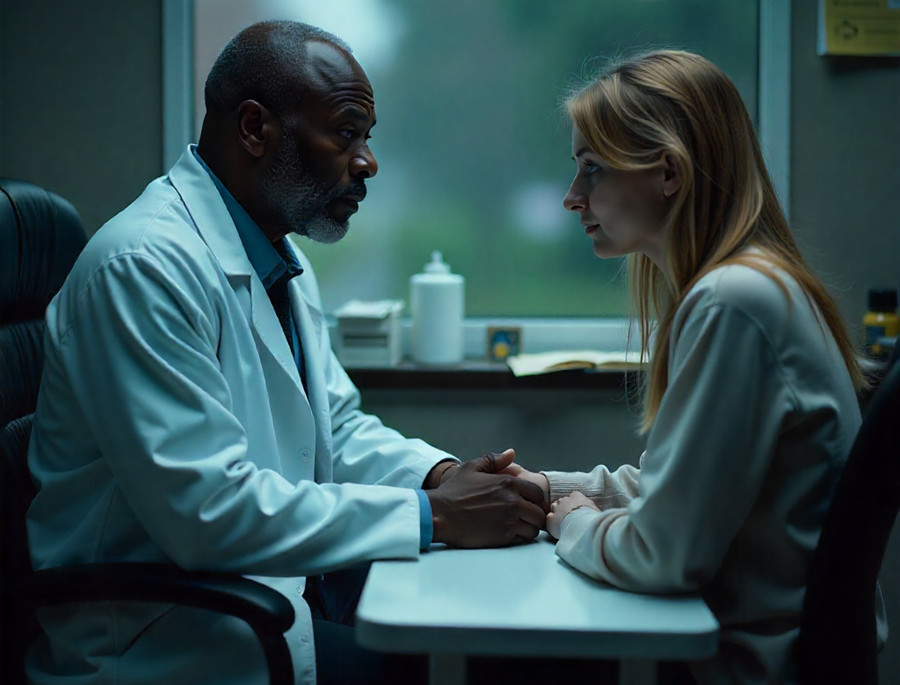Sometimes it feels like no matter how hard someone tries to get better, they keep ending up in the same place—stuck, tired, and unsure why nothing’s working. That can happen when there’s more than one problem going on at the same time. Not just addiction. Not just anxiety. Not just depression. But both. And when those two things team up, it gets messy fast.
A lot of people don’t realize how common it is for mental health issues and addiction to show up together. It’s not always obvious at first. Someone might start drinking to take the edge off their anxiety, or use drugs to feel something when they’re stuck in depression. It might seem like the substance is the main issue, but underneath it all, there’s usually something else going on that hasn’t been dealt with yet.
And here’s the truth: you can’t really fix one without fixing the other.
Why Treating One Problem Isn’t Enough
Let’s say someone is going through addiction treatment. They get clean, stay sober for a while, maybe even feel good at first. But then out of nowhere, the same feelings start creeping back in—fear, sadness, anger, hopelessness. Those feelings were always there, but they were hidden under the addiction. And without help for those deeper struggles, it becomes way too easy to slip back.
That’s where dual diagnosis comes in. It means someone is dealing with both a substance use issue and a mental health condition, like depression, anxiety, bipolar disorder, PTSD, or something similar. And it’s not rare—actually, it’s more common than most people think. A lot of people with addiction are also carrying around emotional pain or trauma they haven’t been able to work through.
Trying to treat only the addiction without addressing the mental health side is like putting a bandage on a broken bone. It might cover up the problem for a little while, but it doesn’t actually fix anything.
What Real Help Looks Like
When both problems are treated at the same time, everything starts to make more sense. Instead of feeling like you’re just supposed to “be better” with no explanation, dual diagnosis care actually digs into the “why.”
- Why is it so hard to stay clean?
- Why do certain feelings hit so hard?
- Why does it feel impossible to cope without using something?
Programs like Legacy Healing dual diagnosis rehab focus on helping with both the mental and physical parts of recovery. They don’t just focus on the drug use. They look at what’s happening emotionally, mentally, and even socially. That kind of support changes everything.
This kind of care means someone might see a therapist for trauma while also learning how to manage cravings. It might mean working on medication for anxiety or depression while also going to group therapy for addiction support. The point is, both sides are treated with the same level of care—and neither is pushed aside or ignored.
Why People Fall Through the Cracks
One reason recovery can be so frustrating is because too many people get stuck in programs that don’t fully understand what they’re going through. They might go to rehab and be told to focus only on staying sober, but no one ever talks to them about why they started using in the first place. Or maybe they see a mental health counselor who doesn’t ask about their substance use at all.
When that happens, people feel misunderstood. They might think they’re failing because they can’t seem to keep it together, but the truth is, the system failed them first. Real progress doesn’t happen until someone feels safe enough to be honest about everything—not just the addiction, but also the panic attacks, the grief, the stress, the sleepless nights.
That honesty can only happen in a place where people actually get it.
Getting Help Doesn’t Mean You’re Broken
A lot of people wait way too long to ask for help because they think it means they’ve failed. But dealing with both mental health struggles and addiction doesn’t mean someone is weak or broken. It just means life has been harder than most people realize. Getting help isn’t the end of the road. It’s the start of something that actually works.
It’s also important to know that treatment doesn’t have to look one specific way. Some people do better in outpatient programs where they still live at home. Others need inpatient care to really get away and reset. What matters most is finding a place that treats the full picture—not just the part that’s easier to talk about.
When It Finally Starts to Click
When both sides—mental health and addiction—are treated together, things start to shift. People begin to understand their triggers. They learn how to deal with intense emotions in a way that isn’t destructive. They build routines that don’t rely on substances to get through the day.
But even more than that, they start to feel like themselves again. Or maybe for the first time ever, they feel like someone who’s worth fighting for.
It doesn’t happen overnight. It takes time, effort, and support. Some days are still hard. But when the right help is in place, the setbacks don’t feel like the end. They feel like part of the process.
What to Remember
Addiction and mental health problems don’t usually happen by accident. And they definitely don’t exist in separate boxes. Most of the time, they’re tangled up together in ways that aren’t easy to explain. That’s why real recovery needs to be just as layered, just as thoughtful, and just as deep.
Getting help for both doesn’t just fix the surface—it helps build something stronger underneath.
So, if things have felt impossible, or if nothing seems to stick no matter how many times someone tries to quit, there’s a reason for that. It doesn’t mean recovery is out of reach. It just means the right kind of help hasn’t shown up yet.
When both problems are seen for what they are—and treated with the care they deserve—healing actually becomes possible. And not just for now, but for good.







Leave a Reply